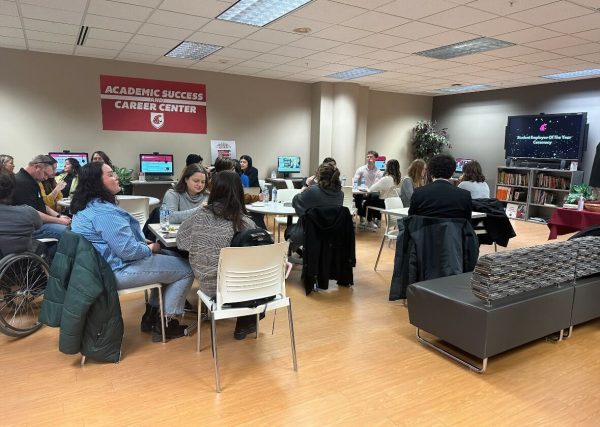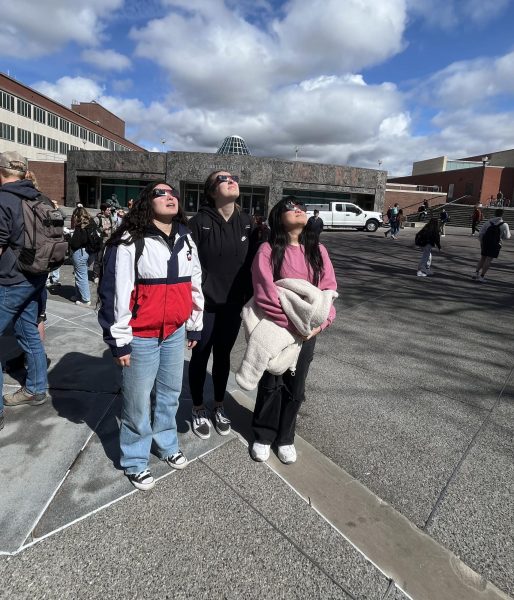WSU Child and Family Research Unit provides grant for adverse childhood experiences research
September 18, 2015
Exposure to adverse childhood experiences (ACEs) can lead to an increase in alcoholism, drug abuse, depression, suicide attempts, poor self-rated health and chronic illness, said the director of WSU’s Child and Family Research Unit (CAFRU).
To help research and address lowering the risk posed by ACEs after the Oso Landslide in March 2014, the American Red Cross has given Washington State University researchers a $100,000 grant. Director Chris Blodgett said he is continually told by community leaders that the devastation from the Oso landslide brought forth important concerns about the impact of tragedy on young children.
“The research shows that about one in four Americans grow up experiencing three or more ACEs early in childhood,” Chris Blodgett said.
Examples of ACEs include child abuse, death of a parent, mental illness or substance abuse by a parent. They all lead to increased risk of academic failure and behavioral problems.
CAFRU has partnered with the Darrington School District, community leadership groups and the local counseling and support center North County Family Services to aid in its research. The goal is to support the natural healing process and strengthen the resources in the community when more formal help is needed, Blodgett said.
WSU researchers have been addressing the trauma that results from ACEs for 12 years by helping organizations like public schools in both Washington and California understand the science and provide support for children.
Blodgett’s colleague Natalie Turner is currently leading the work in Darrington, which includes providing after school and summer programs for youth.
CAFRU has been doing work in the Darrington School District for the past year. It is planning to stay for another year with its current funding, but will work with the community to stay longer than that, if the unit is invited to, Blodgett said.
Darrington has a lot of advantages, he said, including being a close knit community with natural neighbor-to-neighbor supports. They also have strong community leaders who have been critical to guiding overall healing.
The theory behind CAFRU’s approach to trauma is that building and strengthening relationships helps reduce its effects, he said. This can be difficult, according to CAFRU’s website, because trauma causes people to isolate themselves due to fear and pain.
By having a skilled, informed workforce on the ground, researchers can help provide coaching and support to inform the public of the barriers surrounding trauma recovery, Blodgett said.
“We are convinced the science shows this is the single biggest public health problem we can work to solve,” Blodgett said.
Reporting by Hannah Welzbacker





















